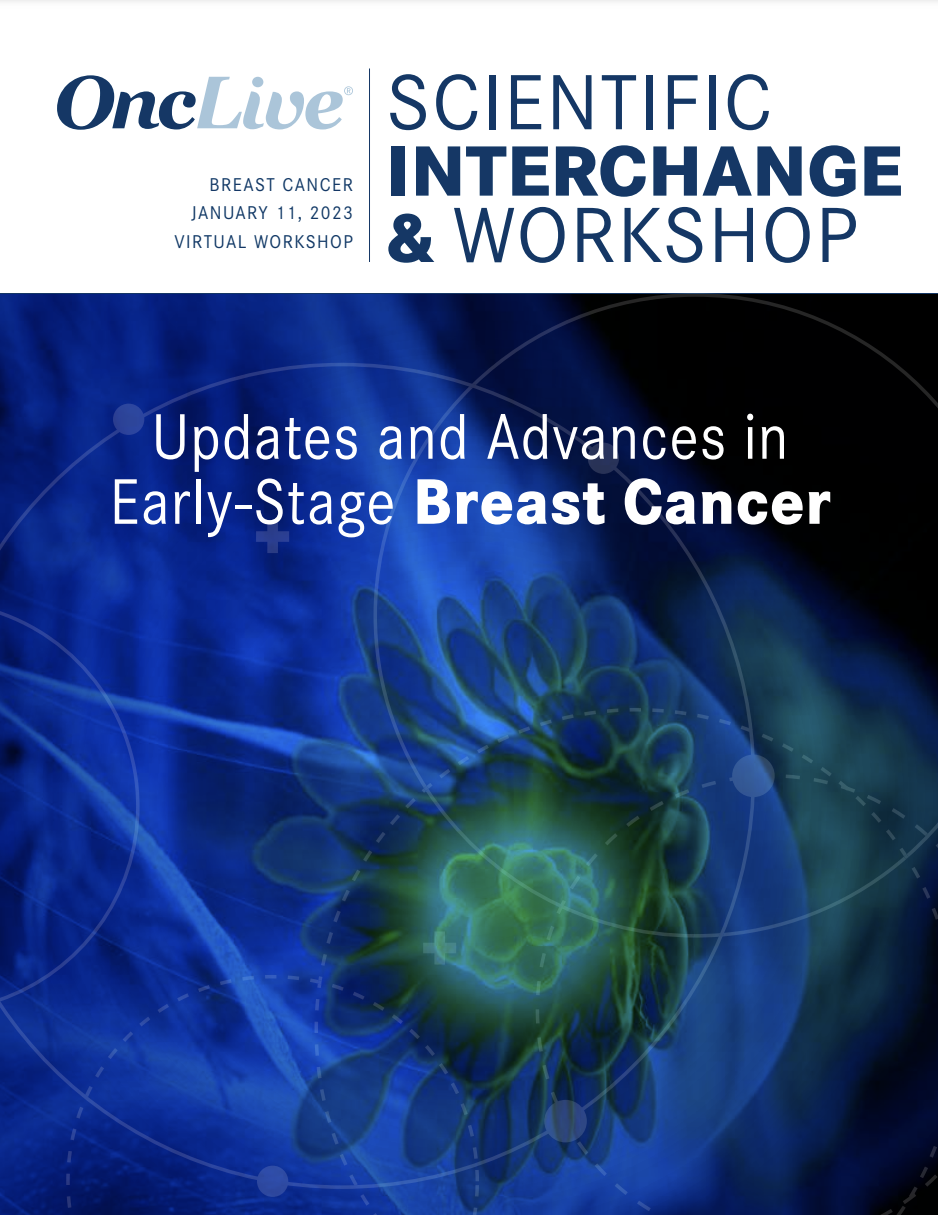Commentary
Video
Dr Wander on the ELAINE Trial Portfolio of Lasofoxifene in ER+/HER2– Breast Cancer
Author(s):
Seth Wander, MD, PhD, discusses the ELAINE-1, ELAINE-2, and ELAINE-3 trials in patients with ER-positive, HER2-negative metastatic breast cancer.
Seth Wander, MD, PhD, medical oncologist, Massachusetts General Hospital, instructor, medicine, Harvard Medical School, discusses the data from the phase 2 ELAINE-1 (NCT03781063) and ELAINE-2 (NCT04432454) trials that supported the continued investigation of lasofoxifene plus abemaciclib (Verzenio) in the phase 3 ELAINE-3 trial (NCT05696626) of patients with estrogen receptor (ER)–positive, HER2-negative metastatic breast cancer.
Over the past few years, the potential of lasofoxifene has been extensively explored in clinical research, Wander begins. The initial ELAINE-1 study investigated lasofoxifene monotherapy vs fulvestrant (Faslodex)in patients with ESR1-mutant, ER-positive metastatic breast cancer who had previously progressed on an androgen inhibitor (AI) with a CDK4/6 inhibitor, he explains. Although lasofoxifene demonstrated notable clinical benefits in terms of improved progression-free survival (PFS) and clinical benefit rate, statisticalsignificance was not fully achieved due to sample size limitations, Wander reports.
Building upon these findings, the ELAINE-2 study subsequently examined the combination of lasofoxifene plus abemaciclib, he continues. The upcoming ELAINE-3 study aims to validate results from ELAINE-2 into a phase 3 setting, he elucidates. This open-label, randomized, multicenter trial will compare lasofoxifene with abemaciclib vs fulvestrant and abemaciclib in patients with ER-positive, HER2-negative metastatic breast cancer, Wander notes.
Enrolling individuals must have experienced progression on a prior AI with either palbociclib or ribociclib (Kisqali), and will be limited to the ESR1-mutant population, he continues. With an anticipated sample size of approximately 400 patients, this prospective randomized phase 3 study aims to provide deeper insights into the therapeutic benefits of lasofoxifene with abemaciclib in the post-AI and post-CDK inhibitor setting, Wander states. The ELAINE-3 study is active, and patient screening and enrollment is underway. New sites are joining the study to further advance our understanding and management of metastatic breast cancer, he concludes.









